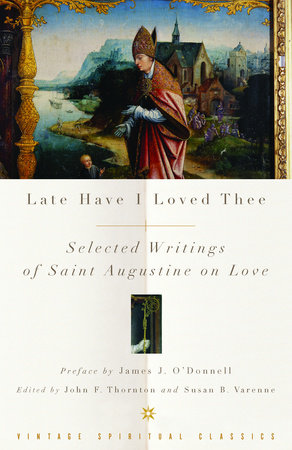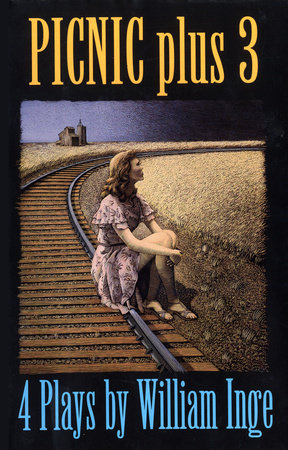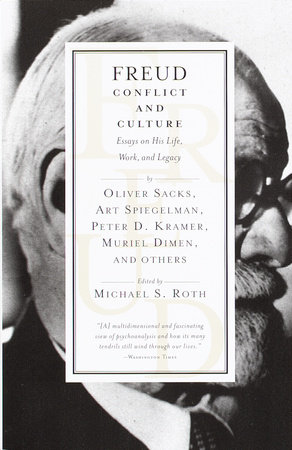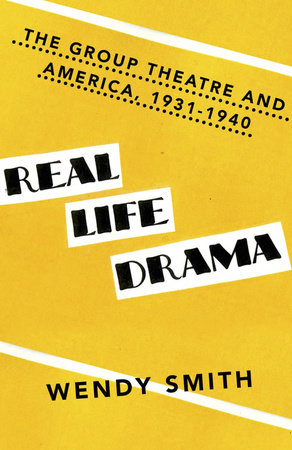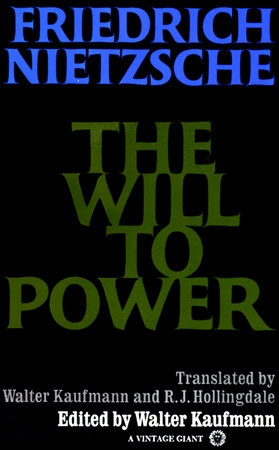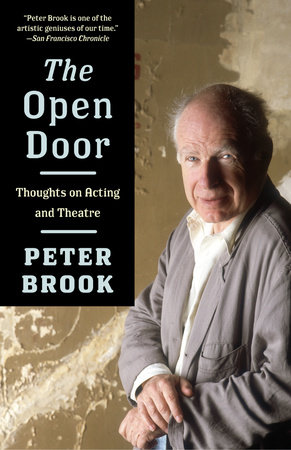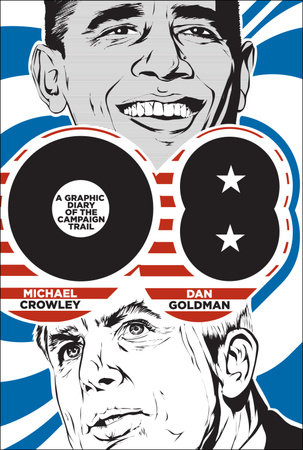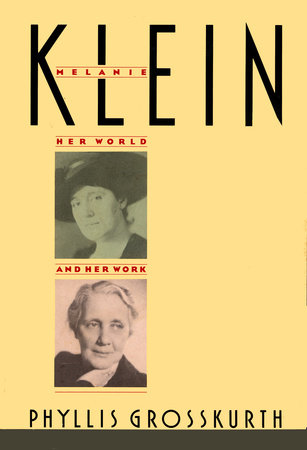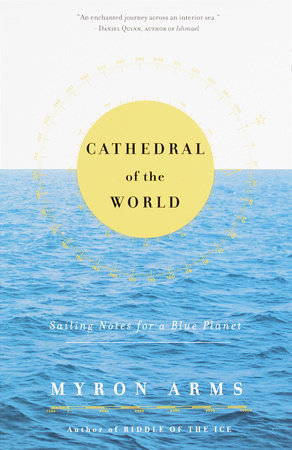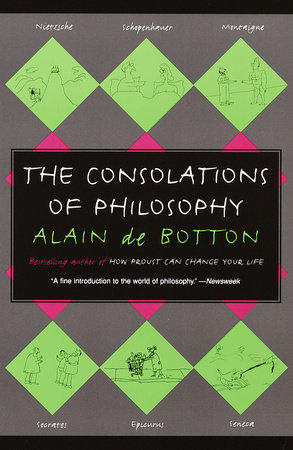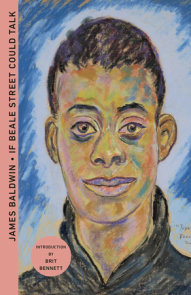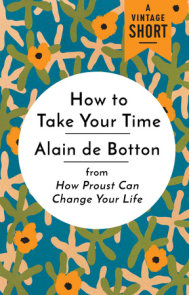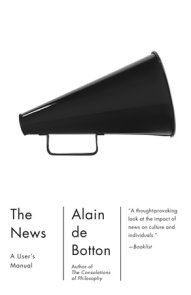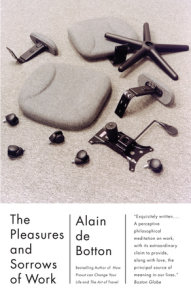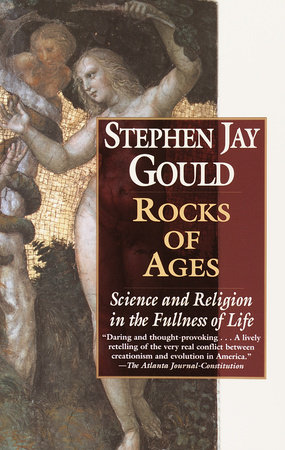Author Q&A
Q: How did you come to write The Consolations of Philosophy?
A: I wrote the book because I’d been fascinated by philosophy ever since I was a very troubled and depressed teenager. At that time, I haunted the philosophy sections of bookshops, hoping I might find answers. When I studied the subject at university, I discovered that most philosophers were very abstract and had nothing to tell us about how to live. And yet there were a few philosophers who did deal with the questions of everyday life, and it was these philosophers I decided to put at the center of my book.
Q: What philosopher featured in the book did you most enjoy writing about? Why?
A: I loved writing about Arthur Schopenhauer, a very gloomy 19th century German philosopher, with expert advice on love. This boils down to the thought that love isn’t for happiness; it’s for biology. We fall in love because love is the biological force that gets us to settle down and have children. If we’re miserable doing so, blame biology, argues Schopenhauer; and most importantly, be prepared!
Q: Of the six philosophers covered in your book, whose achievements resonate the most strongly? Which philosopher’s ideas are most ready for a renaissance?
A: Epicurus is very relevant. More than two-thousand years ago, he was telling people not to shop so much and pointing out that the desire to acquire ever more material things is usually a substitute for other desires. We want fancier clothes and houses because we lack some basic things like friendship and understanding. Very simple advice, but very relevant.
Q: Which philosopher’s out look on life is most similar to your own?
A: I’d like to think that Montaigne’s outlook is most like my own; most people would, because Montaigne is charming and most importantly, very sane. A lot of philosophers are a bit mad, Montaigne is an exception, he’s like a favourite wise uncle.
Q: What role do you see philosophy assuming in the 21st century? How will ancient writings continue to illuminate our lives?
A: Hopefully in this new century, philosophy will once again engage with everyday life and experience and serious philosophers will write philosophies of travel, eating, marriage, family life etc. In the 20th century, most philosophers took a wrong turn and concentrated only on epistemology and metaphysics; hence everyone stopped reading them and the subject became a byword for obscurity.
Q: The illustrations and graphics throughout the book create a unique look. How involved were you in the book’s design?
A: I love including visual elements in my books; and have done so in all 5 of them. My book isn’t illustrated in a standard way; I’m often using pictures slightly subversively, or to be silly; which I think should have a place in the most serious books.
Q: Is it true that in London you are knows as ‘Dr. Love?’
A: I was given the name Dr. Love by a British magazine a few years ago, because my first three novels are all about love. Unfortunately, the name has stuck! Needless to say, I understand little about the subject, practically or abstractly.
Q: What will the next book be about?
A: My next book is called The Art of Travel, and will be published by Pantheon in May 2002. It’s a look at why we travel and how we could do it better–it’s not a guide to any specific location; more a general survey.



